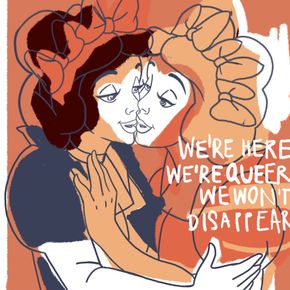Green burial and vultures vs. carbon emissions
According to the Credit Suisse Group’s Global Wealth Report, if the amount of wealth in the world were equally distributed , in 2024, each adult would receive $100,000. In 2021, global wealth per adult would be US$87,849 (a total of $463.6 trillion, an increase of 8.4% compared to 2020). North America ( holding more than half of the world’s wealth) and China (holding a quarter of the world’s wealth) have seen the highest growth in wealth. Currently, the top 1% of the global population owns 45.6% of the world’s wealth, and in the next five years the number of millionaires will exceed 87 million people.
The United States is one of the countries with the greatest wealth inequality. This one of the world’s richest countries and most powerful economy ranks 41st in the UN’s global ranking based on the Sustainable Development Goals (quality of people’s lives), behind Cuba and just above Bulgaria. In the US, almost one in 10 adults has medical debt, life expectancy has fallen for the second year in a row and the maternal mortality rate for black mothers in the nation’s capital is almost twice that of women in Syria.
According to Abhijit Banerjee, Indian economist and winner of the 2019 Alfred Nobel Prize for Economics at the Bank of Sweden, the best way to solve modern world problems, such as poverty, is through cash transfers targeted at the poorer sections of society. “Even the poorest people in the world are perfectly capable of living productive lives,” Banerjee says.


























